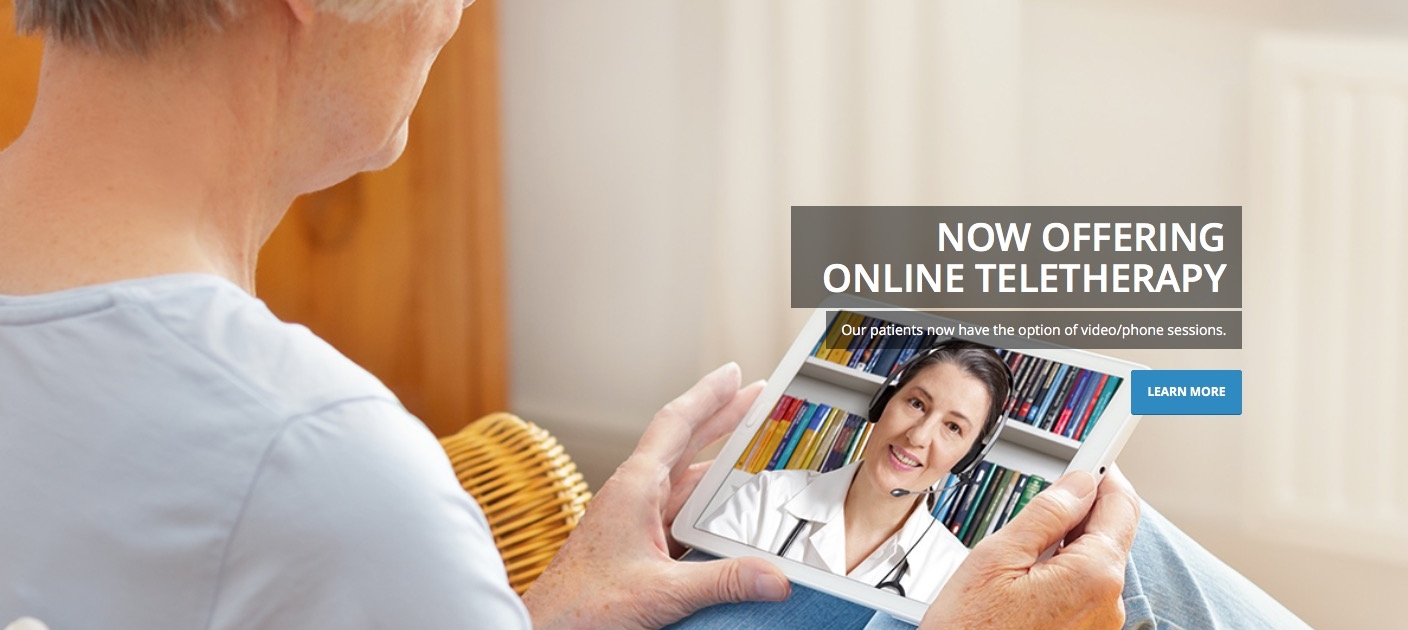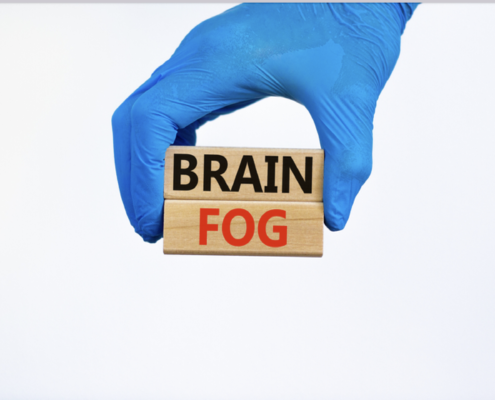Coronavirus — How we are protecting our patients:
Due to the spread of COVID-19 (coronavirus), for everyone’s safety, if you have any of the following symptoms please do not come to the office. You should also immediately contact your healthcare provider if you are experiencing:
• Fever
• Cough
• Weakness
• Headache
• If you have had recent travel to China, Italy, Iran or any other European countries, please let us know as well.
We are now offering our patients the option of video/phone sessions. If you are interested, please speak to the front desk to set this up. We are also asking if someone accompanies you to your session that they wait in the car to minimize exposure in our waiting room. We are disinfecting all surfaces daily and employees are practicing preventive measures as part of our normal protocol.
As you know, the safety of our patients is our number one priority and with your help we can minimize potential health risks associated with coronavirus.
Virtual Care Available:
Telepsychiatry Telemedicine Teletherapy Telemed Telehealth Psychology Services Online

Telepsychiatry connects our Psycologists, counselors, psychiatrists, and other mental health professionals with our patients via online video sessions. With telepsychiatry, there is no need for either patient or physician to travel to an office.










